Iran to blacklist 19 Western officials, entities over medical terrorism, deadly riots
Iran will add a number of Western officials and entities to its 'terror blacklist' for their role in imposing inhumane sanctions against the people of Iran as well as aiding and abetting recent deadly riots in the country.
Iran's foreign minister Hossein Amir-Abdollahian announced the decision on Wednesday during his visit to a center in Tehran that provides support for EB (epidermolysis bullosa) patients who have been severely impacted by unilateral sanctions imposed over the years on Iran.
"The foreign ministry will slap sanctions against a number of parties involved in the imposition of sanctions against the Iranian nation and also institutions that supported the [recent] riots and unrest in Iran," he said.
The top Iranian diplomat said at least four Western entities and 15 officials will be sanctioned, the details of which will be announced in the coming hours.
The remarks come as EU foreign ministers decided on Monday to levy sanctions against 11 Iranian individuals and four entities over the country's response to the foreign-backed riots that followed the death of a young Iranian woman in police custody.
The sanctions targeted a section of Iran’s police, the Basij volunteer forces, and the cyber division of the country’s Islamic Revolution Guards Corps (IRGC).
The bloc also listed Iran's Minister of Communications and Information Technology Issa Zarepour for the internet shutdown. The coercive measures include travel bans and asset freezes in Europe.
The unrest over the death of Mahsa Amini erupted first in her native province of Kordestan and later in several cities, including the capital Tehran. Amini fainted at a police station and was pronounced dead days later on September 16 at a Tehran hospital.
However, protests were hijacked by foreign-backed rioters who indulged in violence against security forces in different Iranian cities.
An investigative report by the Iranian parliament concluded that Amini’s death was not linked to physical assault and battery. According to the report, the young woman was neither assaulted during her transfer to the police center in Tehran, where she fell into a coma, nor hit while being held there.
'Sanctions a modern tool for violating human rights'
Amir-Abdollahian also strongly condemned the sanctions on medical equipment, which have even targeted bandages needed by children battling EB.
"Unilateral sanctions have become a modern tool for violation of human rights," said the minister.
"Some foreign parties are shedding crocodile tears with the claim of championing human rights for the Iranian nation and with the aim of inciting riots in Iran."
The foreign ministry, he maintained, is determined to help facilitate transfer of medical items needed for EB children to the country.
EB patients are often referred to as "butterfly children" because their skin is as fragile as a butterfly's wings. Any action that causes friction between two layers of skin, such as squeezing or rubbing, can cause blisters and dangerous wounds.
The survival of these patients hinges upon the timely use of special bandages.
Back in July, Iran’s ambassador to Sweden Ahmad Ma’soumifar said that a company in the European country has halted the supply of these bandages under the influence of cruel US sanctions.
“Is this not a blatant violation of the rights of children and a crime against humanity?” he framed on July 11 in a Twitter post.
Last week, while addressing a World Health Organization (WHO) session, Iran’s health minister Bahram Einollahi condemned the "inhumane" sanctions against Iranians, saying that the coercive measures are undermining the resilience of the country’s healthcare sector.
“Coercive, unilateral and inhumane sanctions against the Islamic Republic of Iran have had destructive effects on some pillars of the resilience of Iran’s health system and, in particular, it has restricted the access to essentials needed to control pandemics,” he stressed.
“This is in contravention of the spirit of solidarity and cooperation between countries and also in contrast to the principle which says no one is safe until everyone is safe.”
The United States under former president Donald Trump reinstated crippling sanctions on Iran after unilaterally walking out of the 2015 nuclear deal in May 2018, despite Iran's full compliance with the terms of the agreement.
The sanctions have been choking up the financial channels that could be used towards providing Iran with essential medicine, material, or medical equipment.
Although Washington and its Western allies claim that humanitarian goods are exempted from sanctions, tens of thousands of patients in Iran have over the years died or developed critical ailments due to the non-availability of essential drugs over the years.
The blanket ban on banking transactions involving Iran has made it impossible for the country to access life-saving medicine and medical equipment.
VIDEO | Press TV's news headlines
Iran to pursue strong defense, careful diplomacy during talks with US: Deputy FM
Second round of indirect Iran-US nuclear talks opens in Geneva
‘Racist’ Florida congressman draws outrage over Islamophobic comment
‘Get the files out’: Hillary Clinton slams Trump for Epstein files ‘cover-up’
Netanyahu’s former chief of staff dies suddenly at 58
Discover Iran: How once-isolated Makran coast is rising as Indian Ocean’s next strategic powerhouse
Hamas says it has not received deadline for disarmament as Israel threatens to reignite war


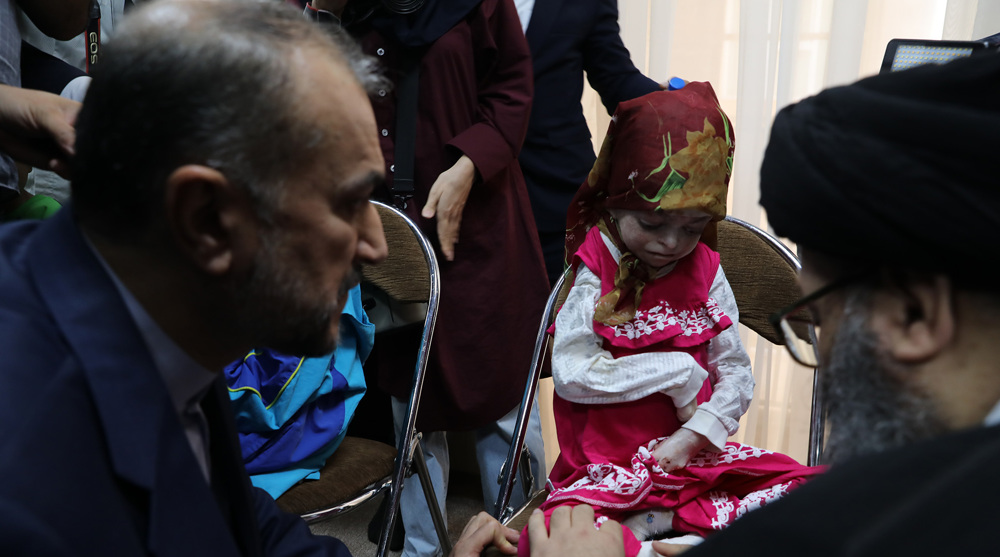
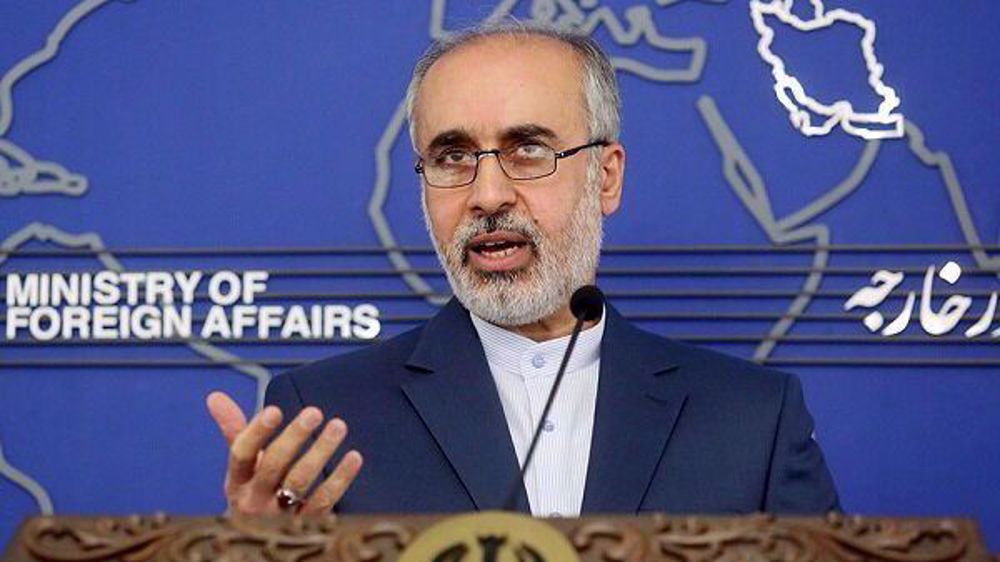
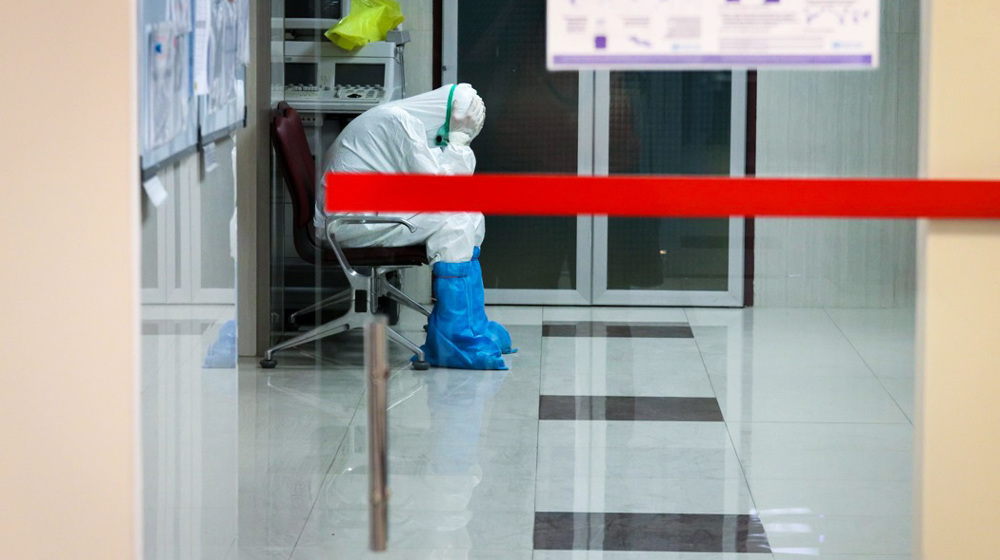
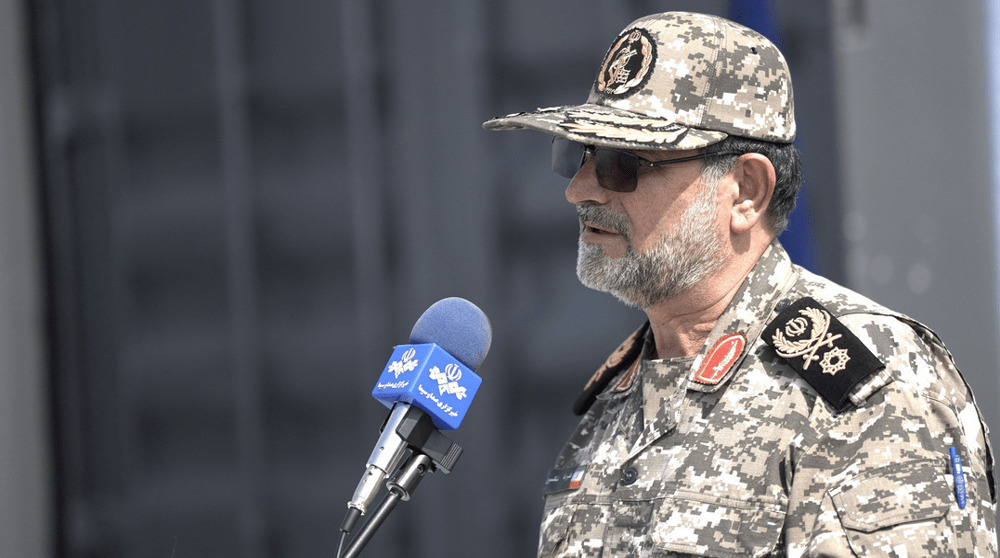
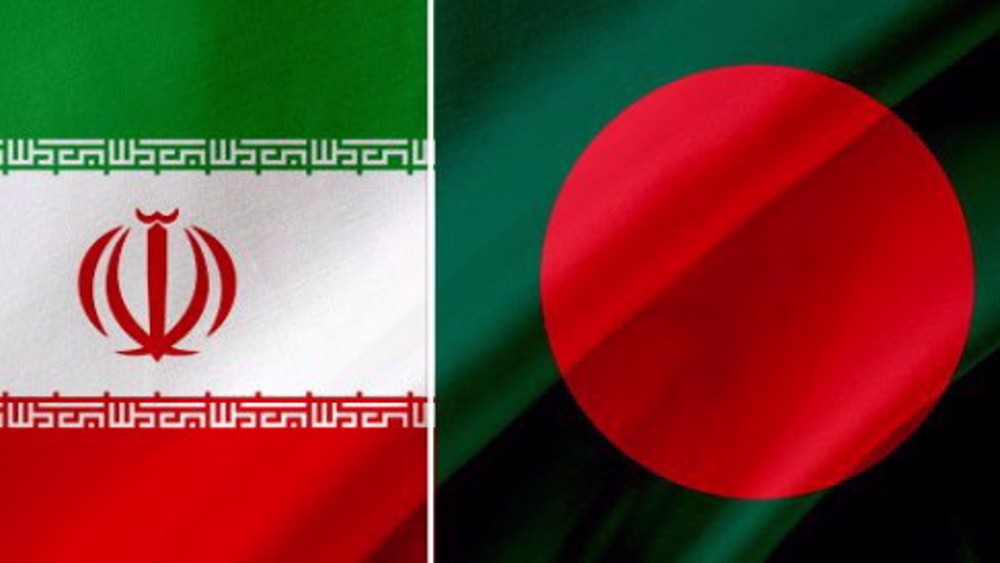
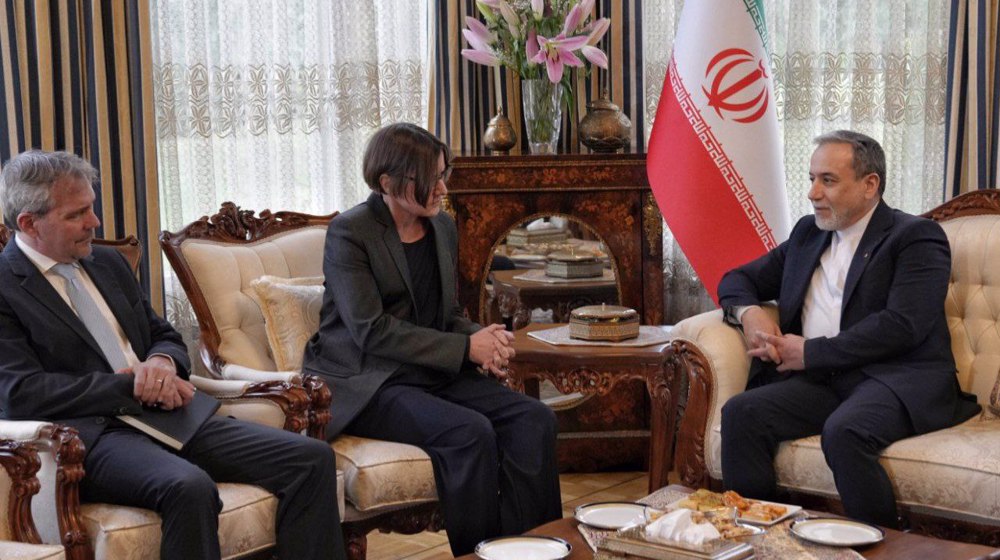



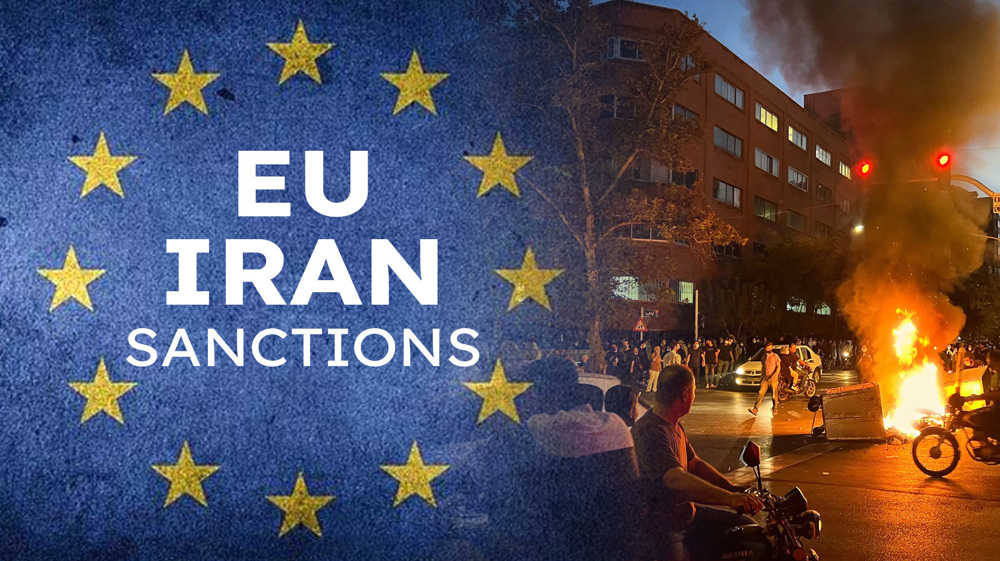
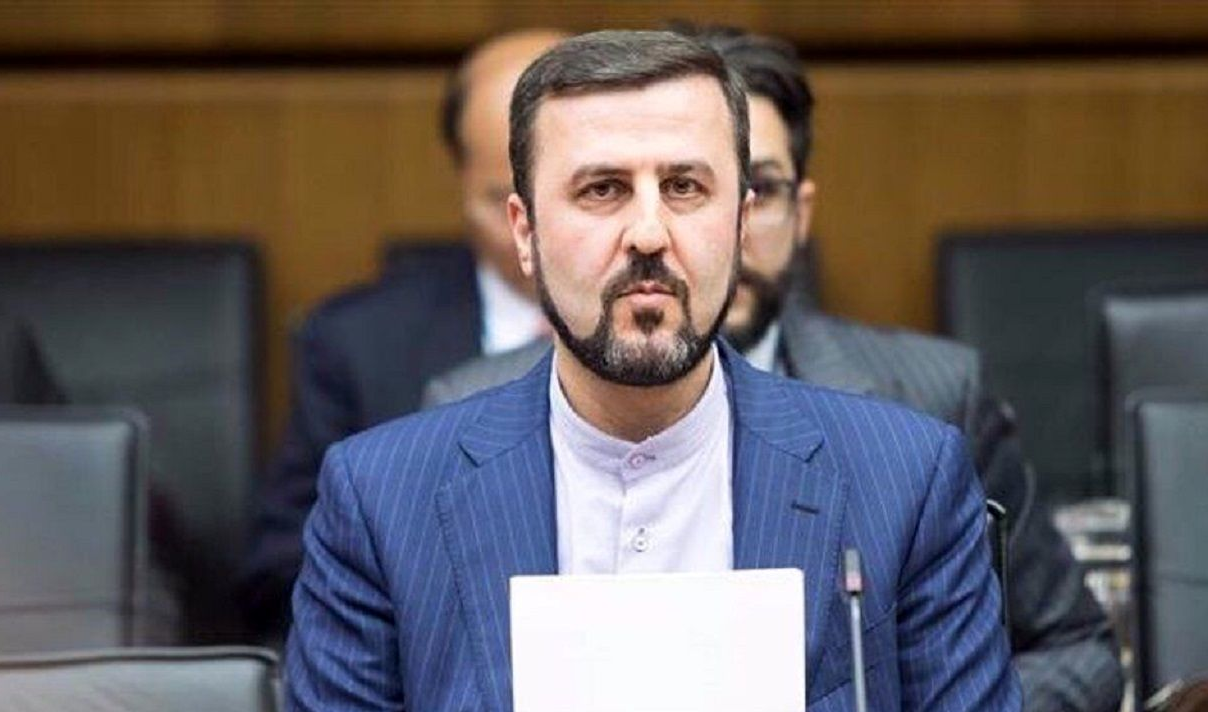
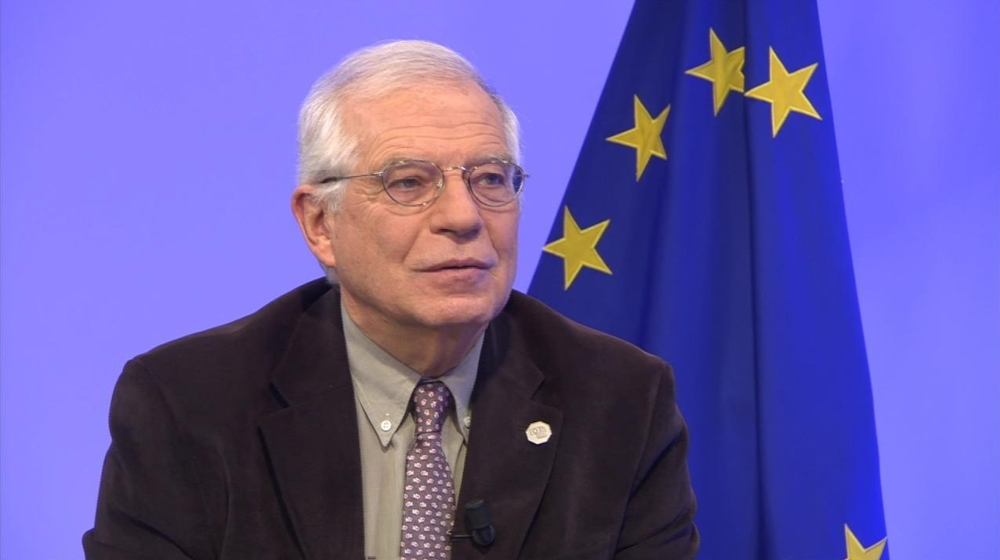
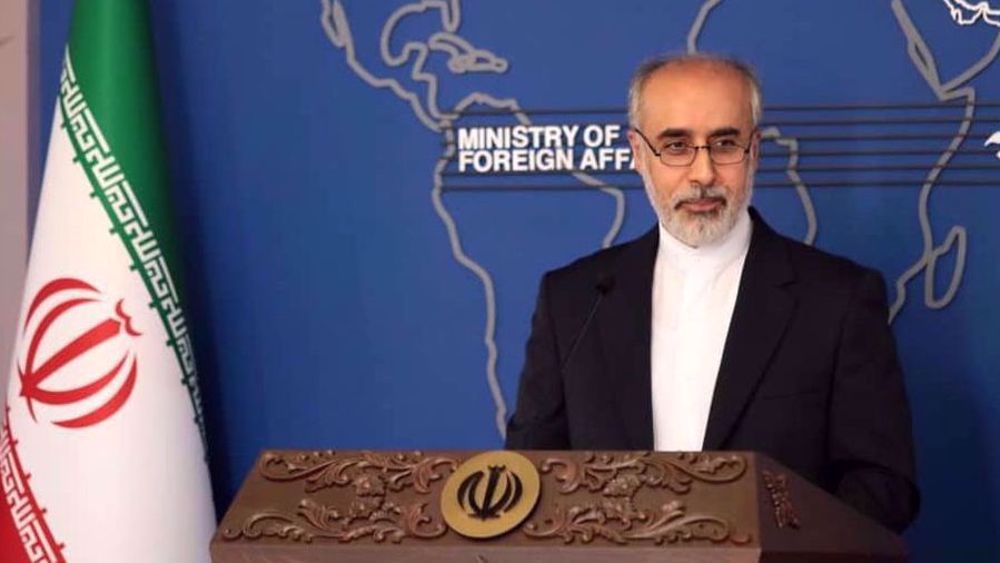
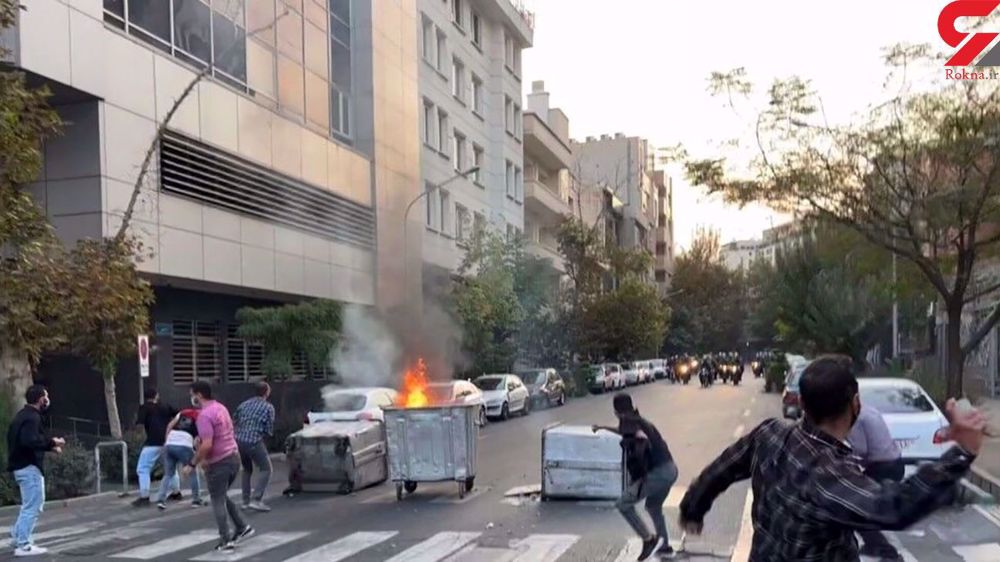
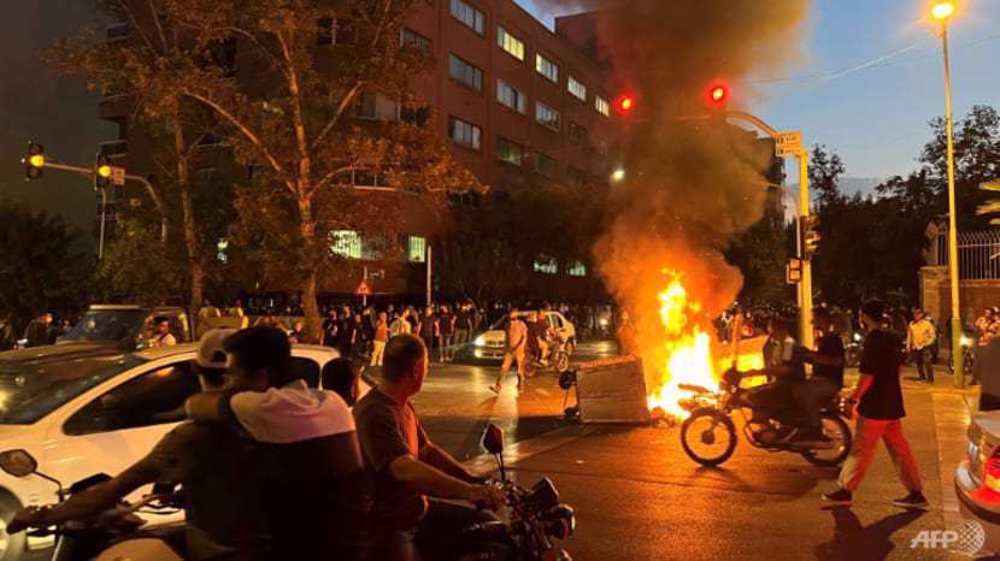
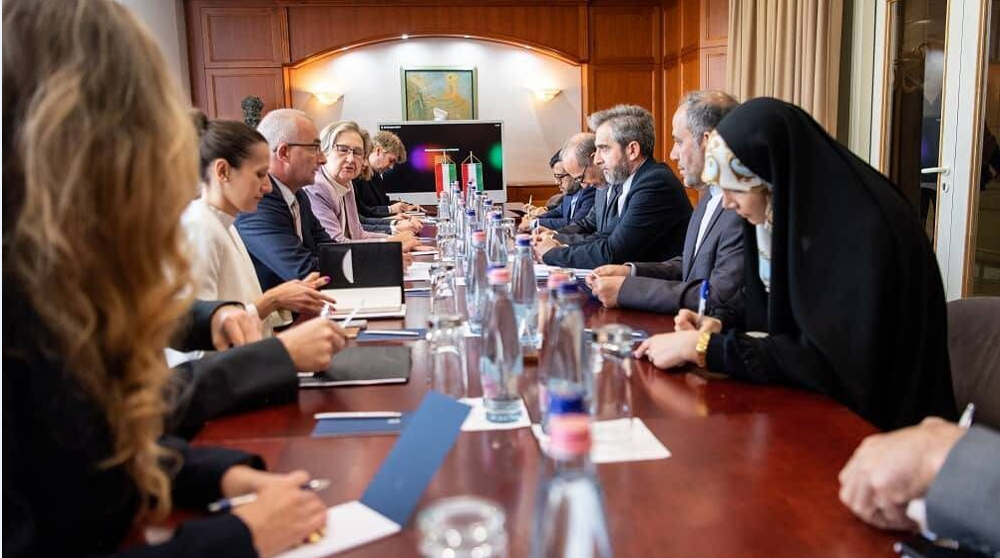

 This makes it easy to access the Press TV website
This makes it easy to access the Press TV website